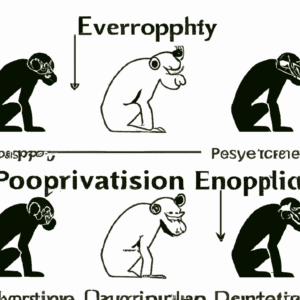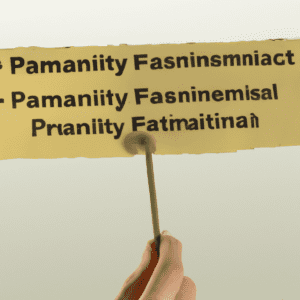Explorando la Historia de la Filosofía
En la wiki de filosofía de Argumentame.com, podrás descubrir todo sobre la historia de la filosofía. Desde los grandes filósofos de la antigüedad, como Platón, Aristóteles y Sócrates, hasta los pensadores más modernos como Kant, Nietzsche y Heidegger, nuestra wiki te llevará en un viaje a través del pensamiento humano.
Nuestra wiki presenta artículos y ensayos sobre una amplia gama de temas de la filosofía, que incluyen la epistemología, la metafísica, la ética, la filosofía política y más. Además, también encontrarás ensayos sobre las corrientes de pensamiento filosófico, desde el existencialismo y el racionalismo, hasta el posmodernismo y el realismo.
Conceptos Importantes en Filosofía
Nuestra wiki de filosofía también cuenta con una sección dedicada a términos y conceptos importantes. Si alguna vez te has preguntado sobre la definición de términos como ontología, fenomenología, hermenéutica o dialéctica, entonces nuestra wiki es la herramienta perfecta para ti.
En nuestra sección de términos y conceptos, presentamos definiciones claras y concisas, que te ayudarán a profundizar en la comprensión de las ideas más complejas de la filosofía. Además, también encontrarás ensayos y artículos detallados sobre los conceptos más importantes, que te ayudarán a ver cómo estos conceptos se aplican en la vida real.
Una Comunidad de Filósofos
Por último, pero no menos importante, nuestra wiki de filosofía cuenta con una comunidad activa de filósofos, estudiantes de filosofía y entusiastas de la materia, que comparten sus conocimientos, ideas y perspectivas en un entorno de discusión enriquecedora.
Únete a la conversación y enriquece tu comprensión de la filosofía. Participa en debates en línea, haz preguntas a los expertos y comparte tus propias ideas y perspectivas. ¡En nuestra comunidad, la filosofía cobra vida!






